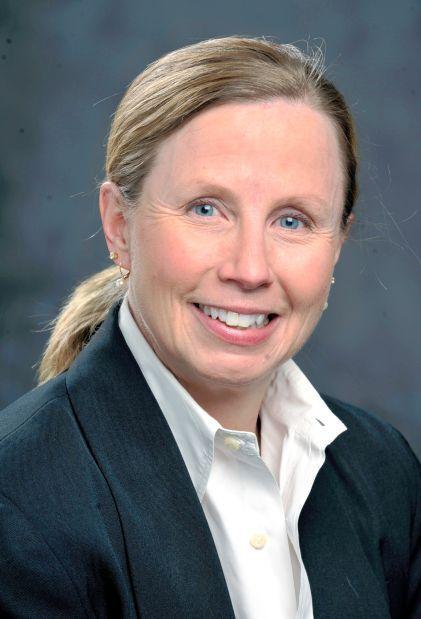
The End of Colorado Workers’ Compensation?
While Montanans concentrate on political issues closer to home, some Colorado residents are quietly working to end Obamacare and replace it with a state universal health care plan.
After Amendment 69 garnered the required 100,000 signatures necessary to put it on the ballot in November, Colorado voters will decide on amending their state constitution to provide universal health coverage to all Colorado residents.
Payroll Tax Funding
Supporters say Amendment 69, also known as ColoradoCare, will not only provide coverage for all residents, but will cut deductibles and copayments. Funded by an employer/employee payroll tax, the referendum will create a giant $38 billion health cooperative with an elected board that would set benefits and budgets, create a central purchasing authority for drugs and medical equipment, determine copayments, and help create a medical records system, and other related efforts.
This board would consist of an elected, nonpartisan political subdivision of the state “not subject to administrative direction or control by any state executive, department, commission, board, bureau, or agency,” according to the proposed initiative.
ColoradoCare would also replace the medical portion of Colorado Workers’ Compensation. Private insurers would still be able to operate in the state, but according to a recent report by the Colorado Health Institute, an independent health policy research organization, the role of independent insurers would diminish.
Opponents claim the directive is way too expensive and does not address the underlying issue of high health care costs.
Colorado is not the first state to try universal health care. In fact, many states have tried to reform their health systems around a single-payer system. In 2011, Vermont passed HB202, the state’s single-payer health care law that would have moved beyond the Affordable Care Act passed by Congress in 2010.
The new law would have created the Green Mountain Care System, and administrators had until 2013 to figure out how to fund it. After much study and debate (and missing the deadline for a funding solution), the governor finally scrapped the plan because it called for an 11.5 percent payroll tax on businesses and a separate 9.5 percent income tax on individuals.
Massachusetts Model
One of the difficulties in changing a very complex system is trying to do too much too quickly. Most proposals call for reforming health care delivery as well as the payer system. For example, Massachusetts initiated health care reform for residents in their state in 2006. By 2014, less than 5 percent of Massachusetts residents were uninsured (the lowest in the nation). However, health care costs averaged 4.8 percent, well above the annual benchmark of 3.6 percent.
To address the issue of cost, Massachusetts created the Health Policy Commission to study the issue and make recommendations. In 2015, these recommendations included various reforms from equalizing payments for same services regardless of site to bundled payments for common and costly episodes of care. A model for Obamacare, Massachusetts repealed its state mandate in place of the federal one.
Justice Louis Brandeis once said, “a single courageous state may, if its citizens choose, serve as a laboratory; and try novel social and economic experiments without risk to the rest of the country.” Colorado’s Amendment 69 is just such a courageous experiment.
— Catherine J. Grott, PhD, MPA, teaches in the health administration program at Montana State University Billings and serves as the community member on The Billings Gazette editorial board.







